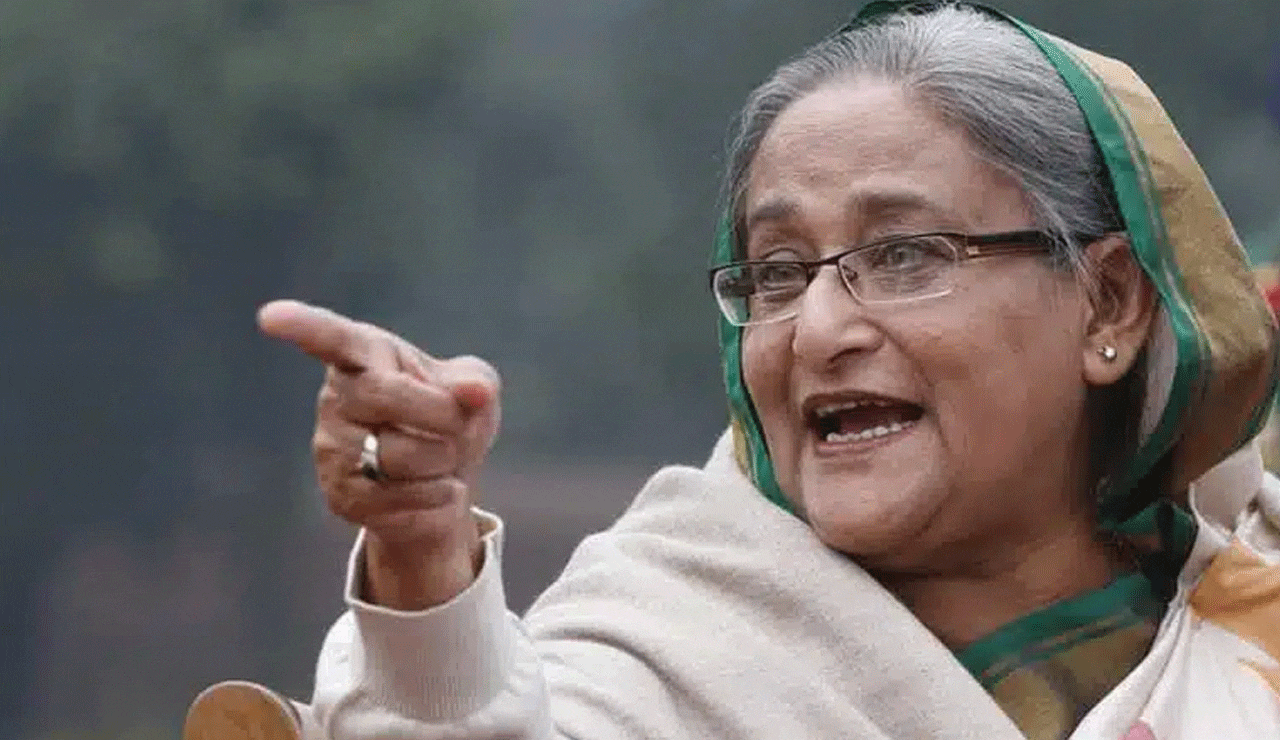Former Prime Minister Sheikh Hasina Goes on Trial — Awami League Says It’s Unfair and Political
The Awami League has strongly condemned the International Crimes Tribunal (ICT) proceedings against its party leader and former Prime Minister Sheikh Hasina, calling them a “show trial” orchestrated by the “unelected and undemocratic” interim regime under Dr. Muhammad Yunus.

Dhaka: The Awami League has strongly condemned the International Crimes Tribunal (ICT) proceedings against its party leader and former Prime Minister Sheikh Hasina, calling them a “show trial” orchestrated by the “unelected and undemocratic” interim regime under Dr. Muhammad Yunus.
Table of Contents
Awami League Blasts ICT Proceedings as Politically Motivated
In a strongly worded statement on Saturday, the Awami League labeled the tribunal’s actions a political vendetta, citing concerns over due process raised by the United Nations. The party criticized the trial as one-sided, asserting that only Awami League leaders have been targeted since Yunus took power.
Also Read: Jubilee Hills Gears Up for Election Fight as Congress Gets Ready for Bye-Poll
“This cannot and would not be a fair trial in any jurisdiction,” the party said, pointing out that officials from the current administration have publicly declared Sheikh Hasina guilty, compromising judicial impartiality.
Denial of Charges Over Crackdown During Last Summer Protests
Responding to allegations that Hasina ordered lethal force against protesters, the party issued a categorical denial. They stated that while discipline breakdowns among security forces may have occurred, they were not directed or sanctioned by the elected leadership.
“It is incorrect to characterise this as a coordinated attack by the country’s elected leadership against its own people,” the Awami League clarified.
Awami League Highlights Earlier Efforts for Accountability
The party noted proactive steps taken last year, including setting up an inquiry commission and inviting UN observers to examine the situation during protests, signalling their commitment to transparency and justice.
Trial Also Implicates Former Officials, Reflects Longstanding Political Rift
Alongside Sheikh Hasina, the tribunal has named former Home Minister Asaduzzaman Khan Kamal and ex-IGP Chowdhury Abdullah Al‑Mamun as co-accused. Analysts interpret the trials as part of a broader political struggle under the interim government established after Hasina’s ouster in August 2024.
Historic Irony: Tribunal Created by Hasina’s Government in 2010
Notably, the ICT itself was founded under Hasina’s previous administration via the International Crimes (Tribunals) Act to prosecute war crimes and genocide from the 1971 Liberation War, highlighting a dramatic turn of events.
Hasina’s Continued Political Exile Casts Dark Cloud
Since leaving office, Hasina has emerged as a key voice for restoring democracy in Bangladesh. She was forced into exile in India on August 5, 2024, following her controversial removal. The tribunal proceedings now deepen concerns over political influence on judicial processes.
What Happens Next?
As the trial unfolds, key questions remain: Will the ICT ensure a fair, impartial hearing? Can the interim government leverage public sentiment ahead of upcoming elections? And how will international observers respond to allegations of misuse of judicial power?
